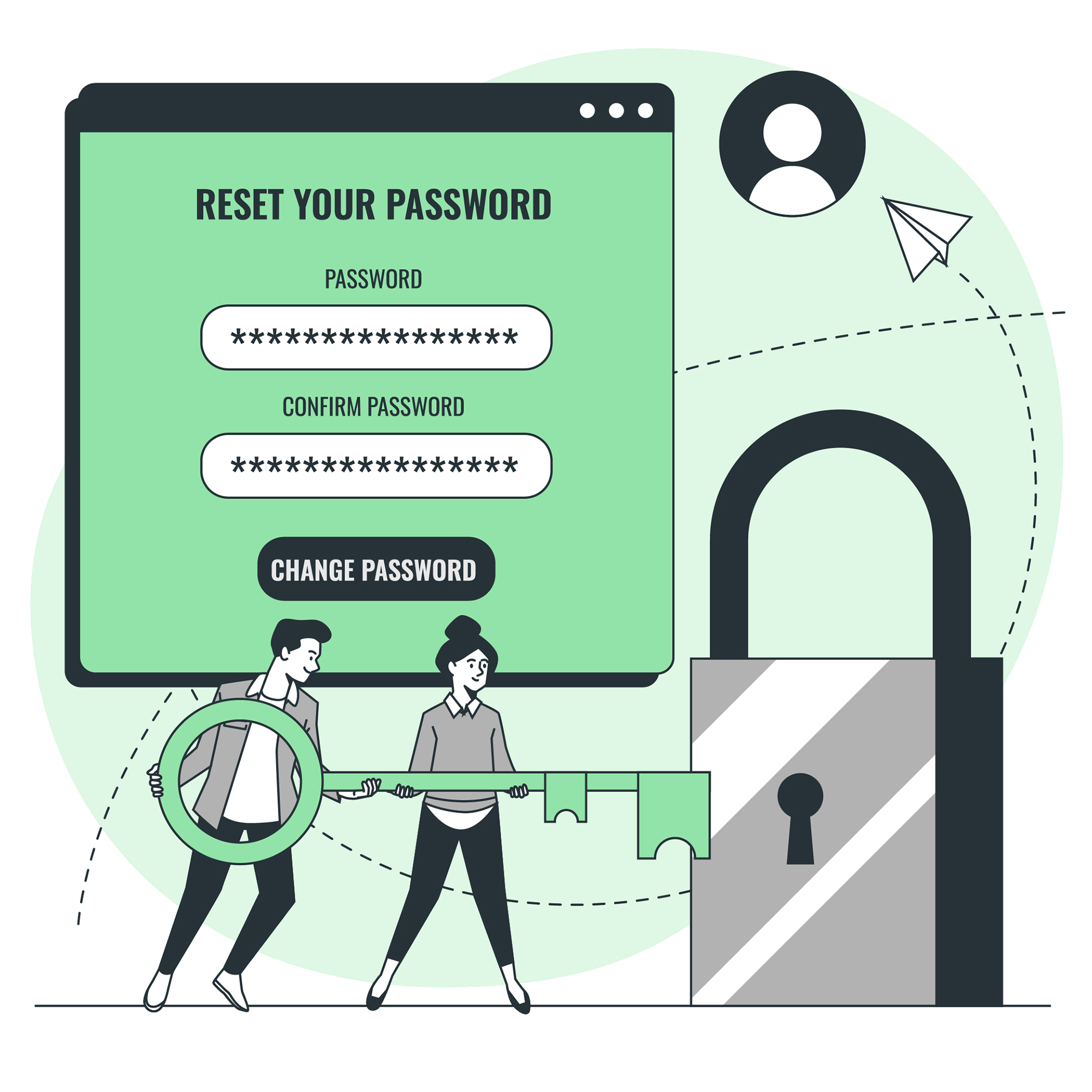How Secure Is My Password?
In today’s digital age, passwords are the keys to our online lives. They protect our personal and financial information from prying eyes, but only if they are strong and secure. Unfortunately, many people make common password mistakes that leave them vulnerable to cyber attacks. In this article, we’ll explore the importance of password security, how to create a strong password, and what to do if your password is compromised.
Why Password Security Matters
Password security is essential because cybercriminals are always looking for ways to steal personal information. They use sophisticated techniques like phishing, social engineering, and brute force attacks to crack weak passwords and gain access to sensitive data. Once they have your password, they can use it to access your email, bank accounts, social media profiles, and more. That’s why it’s crucial to use strong passwords and keep them safe.
Common Password Mistakes to Avoid
One of the most common password mistakes is using simple, easy-to-guess passwords like “123456” or “password.” Another mistake is using the same password for multiple accounts, which makes it easier for hackers to access all your information if they crack one password. Other mistakes include writing down passwords on sticky notes or sharing them with others. To avoid these mistakes, use unique, complex passwords for each account and never share them with anyone.
How to Create a Strong Password
Creating a strong password is easier than you might think. Start by using a combination of upper and lowercase letters, numbers, and symbols. Avoid using common words or phrases, and don’t use personal information like your name or birthdate. Instead, use a random combination of characters that’s at least 12 characters long. You can also use a password generator to create a unique, strong password.
The Benefits of Two-Factor Authentication
Two-factor authentication (2FA) is an additional layer of security that requires you to enter a code or use a physical device like a fingerprint scanner to access your account. This makes it much harder for hackers to gain access to your account even if they have your password. Many online services offer 2FA, and it’s a good idea to enable it wherever possible.
What to Do if Your Password is Compromised
If you suspect that your password has been compromised, the first thing you should do is change it immediately. You should also check your account activity to see if there have been any unauthorized logins or transactions. If you see any suspicious activity, report it to the service provider and consider freezing your credit to prevent identity theft.
Password Managers: Are They Worth It?
Password managers are tools that store your passwords in an encrypted database, making it easy to create and manage strong passwords for each account. They also autofill passwords for you, so you don’t have to remember them all. While password managers can be convenient, they also come with some security risks. If the password manager is hacked, all your passwords could be compromised. However, most password managers have strong security measures in place, making them a worthwhile investment for many people.
How Often Should You Change Your Password?
The frequency with which you change your password depends on the account and the level of security you need. For high-security accounts like online banking or email, it’s a good idea to change your password every three to six months. For other accounts, you can change your password less frequently, but it’s still a good idea to change it at least once a year.
The Future of Password Security
The future of password security is likely to involve more advanced authentication methods like biometrics (e.g., facial recognition or fingerprint scanning) and behavioral analytics (e.g., analyzing how you type or move your mouse). These methods are harder to fake or steal than passwords, making them more secure. However, they also come with their own set of challenges, such as privacy concerns and the need for specialized hardware.
Final Thoughts on Password Protection
In conclusion, password security is essential for protecting your personal and financial information online. By avoiding common password mistakes, creating strong passwords, and using two-factor authentication, you can greatly reduce your risk of being hacked. And if your password is compromised, take immediate action to protect yourself. With the right tools and practices, you can keep your passwords safe and secure.




![Crafting Unforgettable Passwords: A Guide for Developers A string of random characters typically has higher entropy compared to a few common words due to the vast number of possible combinations. For example, a 10-character lowercase password has roughly the same entropy as a 4-word passphrase picked from a 5000-word dictionary [5].](https://passwordclinic.com/wp-content/uploads/2024/06/automation-section-3-150x150.webp)





![A string of random characters typically has higher entropy compared to a few common words due to the vast number of possible combinations. For example, a 10-character lowercase password has roughly the same entropy as a 4-word passphrase picked from a 5000-word dictionary [5].](https://passwordclinic.com/wp-content/uploads/2024/06/automation-section-3.webp)

